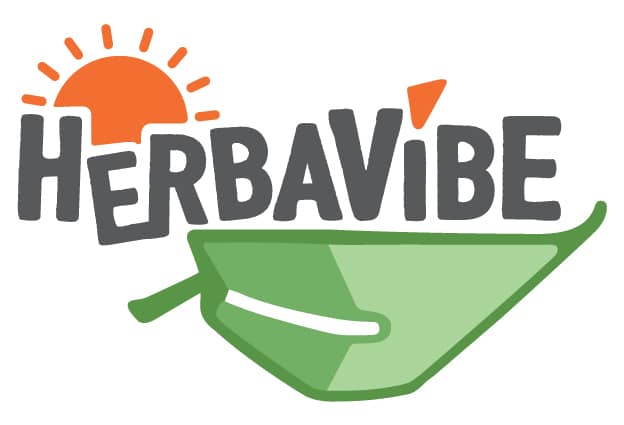Phytotherapy
The heritage of ancient knowledge. A prehistoric science, more relevant than ever.
Doctors examine the indications communicated by the human body during a physical examination and prescribe medications to help fight the problem. Similarly, across human history, since we began to discover nature’s potential, specialists came to conclusions and diagnosed an ailment or necessity of the body and suggested the used of certain plants.
The equivalent of the modern-day process for every remedy that was prescribed was, at the time, state-of-the-art technology, the bet there was to offer. As the years have passed, numerous societies have studied and catalogued this ancient process and a substantial amount of knowledge has been gathered leading up to the modern times. Phytotherapy is now gaining ground in scientific societies as a safe and effective alternative which offers solutions and possibilities in dealing with, and preventing, pathological conditions. In the last 50 years, various studies have supported and enriched this natural arsenal. The affects and properties of these ingredients are better recognized and, as technology advances, their use is optimized, providing this ancient science with new capabilities.

A Brief Overview of Modern Phytotherapy
Modern phytotherapy is regarded as a gentle approach to enhancing, restoring, and preserving health. Herbal preparations differ fundamentally from conventional plant-based medicines due to their rigorously controlled composition and impact on health.
Phytotherapy stems from herbal medicine, a tradition deeply rooted in nearly all cultures, such as Traditional Chinese Medicine (TCM), Ayurveda, Japanese health teachings, and ancient Greek medicine. For thousands of years, plant-based remedies have been used to address health challenges. Modern phytotherapy combines ancient wisdom with a scientific basis, incorporating pharmacology, pharmaceutics, and toxicology for more validated outcomes.
Not an alternative medicine, phytotherapy is a recognized branch of conventional medicine, focused on treating and preventing symptoms and diseases with plants and their extracts. These herbal medicines, known as phytopharmaceuticals, are marketed in various forms (e.g., plant powders, liquid extracts, dry extracts, tinctures) and are subject to pharmaceutical regulations. Consistent quality and verification play a vital role in ensuring efficacy.
